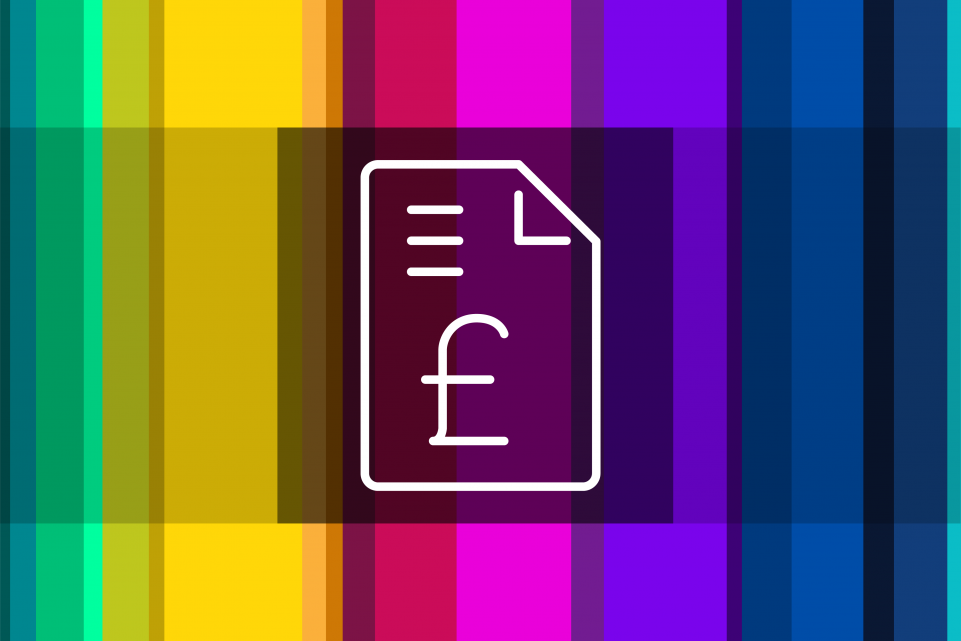Resetting the relationship between local and national government. Read our Local Government White Paper
Council tax and business rates together make up local authorities’ largest source of income. Central government has a significant degree of control over both council tax and business rates in England and sets the policy framework in which both operate.
The LGA works on all aspects of business rates and council tax policy. We respond to consultations from Government and our responses to the most recent consultations are available in this section.
Council Tax
A council tax is set by each individual authority and authorities are able to retain all of the funding raised from council tax in their area to support their budget.
Council tax is charged on domestic properties, which are grouped into valuation bands, based on domestic property values from April 1991; these bands determine the level of tax charged. Some properties are eligible for discounts or exempt from council tax and people on lower incomes are able to apply for council tax support, reducing their council tax bill.
Each year the Government publishes referendum thresholds for council tax increases; if local authorities increase council tax levels above these thresholds, they are required by law to hold a referendum.
Business Rates
Business rates are set by central government, which sets the multiplier, a pence in the pound value which is then applied to the rateable value, an estimate of the open market rental value a property could achieve on a specified date. Properties with a rateable value of £12,000 or less are exempt from business rates and those up to £15,000 are eligible for small business rates relief. There are other reliefs and exemptions, including an 80 per cent discount for properties used by charities.
Currently local government, collectively retains half of the income from business rates, the other half is paid by councils to central government, which uses the income to fund grants to local authorities. The previous Government announced plans for the local government sector to retain all business rates by 2020. There is more information about the proposals on our business rates retention page.
Property valuations for both council tax and business rates are the responsibility of a national body, the Valuation Office Agency (VOA). Property valuations for business rates are updated on a five-year cycle. The most recent revaluation came into force in April 2017, based on property values in April 2015. Both council tax and business rates payers are able to challenge their property's valuation with the VOA.



